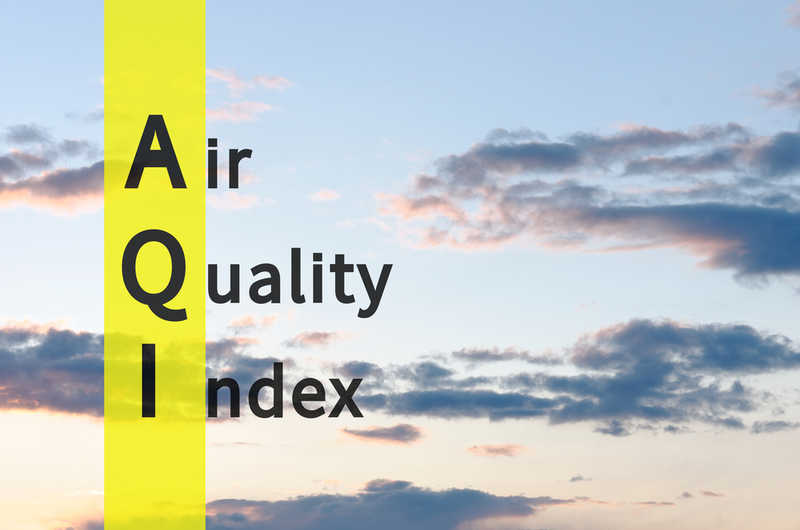What is tax evasion? Avoid it
What is tax evasion?
 Tax evasion is an illegal act; it takes place when an individual/organization/corporation intentionally avoids paying his/her/its true tax liability. As an individual, you have the freedom to assess your income and pay taxes. However, when you choose not to pay taxes by abstaining from declaring a certain source of income, then it becomes illegal. Tax evasion is liable to be booked under criminal charges and you could be penalised as per the law.
Tax evasion is an illegal act; it takes place when an individual/organization/corporation intentionally avoids paying his/her/its true tax liability. As an individual, you have the freedom to assess your income and pay taxes. However, when you choose not to pay taxes by abstaining from declaring a certain source of income, then it becomes illegal. Tax evasion is liable to be booked under criminal charges and you could be penalised as per the law.
Tax avoidance vs tax evasion
Tax evasion differs from tax avoidance, the latter being a legally permitted practice unlike the former. Tax avoidance is when someone makes use of the tax laws to reduce the tax liability of an individual by means available within the law. All citizens have the right to minimize their payable tax amount by legal means. If proven guilty of tax evasion, however, you are liable to be penalised.
What is income scrutiny?
Income scrutiny is when an income tax official scrutinies your tax returns for authenticity. Details about bank statement, credit card statements, details of family members and the form 16 are being scrutinised to check if there is any discrepancy between the tax assessment done by you and your authentic tax liability.
If a return is picked up for scrutiny, then a scrutiny notice is served within a period of one year from the month of filing of returns. The recipient of the notice or his/her representative is required to appear before the concerned income tax officer.
How is an income tax return picked up for scrutiny?
The following guidelines determine whether an income tax return would be chosen for scrutiny by the I-T department:
a) All assessments related to search and seizure cases
b) All returns where deduction claimed under chapter VI-A of the Income Tax Act is Rs. 25 lakhs or above
c) All returns where refund claimed is Rs. 5 lakh and above
d) Withdrawal of less than Rs. 50,000 per annum will be subjected to scrutiny
Tax evasion penalties
If you are found guilty of tax evasion, you could be penalised as much as three times of the concealed amount of income. If you are concealing an amount of Rs 10,000, penalty of up to Rs 30,000 could be levied on you.
How to know you are not evading tax?
The best way to avoid penalties for tax evasion is to pay your taxes honestly. However, it may very well be that you could end up evading taxes unwittingly, as you may not be aware of all the tax amount payable by you. Hence, you need to be aware of various tax liabilities as per the law.
If you are a salaried person, then report income from other sources, such as interest earned on bank savings accounts.
Being a salaried person, you may think that all your taxes are deducted at source and hence your tax liability is nil. For a salaried person, there are several sources of income where tax is not deducted at source. Post office saving deposit interest, interest on bank savings account and rental income are some of them. You must assess your tax liability taking into account all these income.
Wealth tax evasion is a potent force which you need to take care of. Take into account the wealth tax payable on certain assets if the combined value exceeds Rs 30 lakh. If you own a second house which lies vacant, then you are liable to pay tax on the value of the house. Similarly, tax is payable on gold owned by you or on the increased prices of any real estate investment made by you. Now buying a property in India has become a lucrative investment option for many individuals and it should be keep in mind that you are liable to pay wealth tax on the appreciation in property values.
Related Legal Articles:
Benefits of paying property tax
Guide to pay 2012-13 BBMP Property Tax Online
How can a second home reduce your tax burden?
Image courtesy of Grant Cochrane at FreeDigitalPhotos.net







